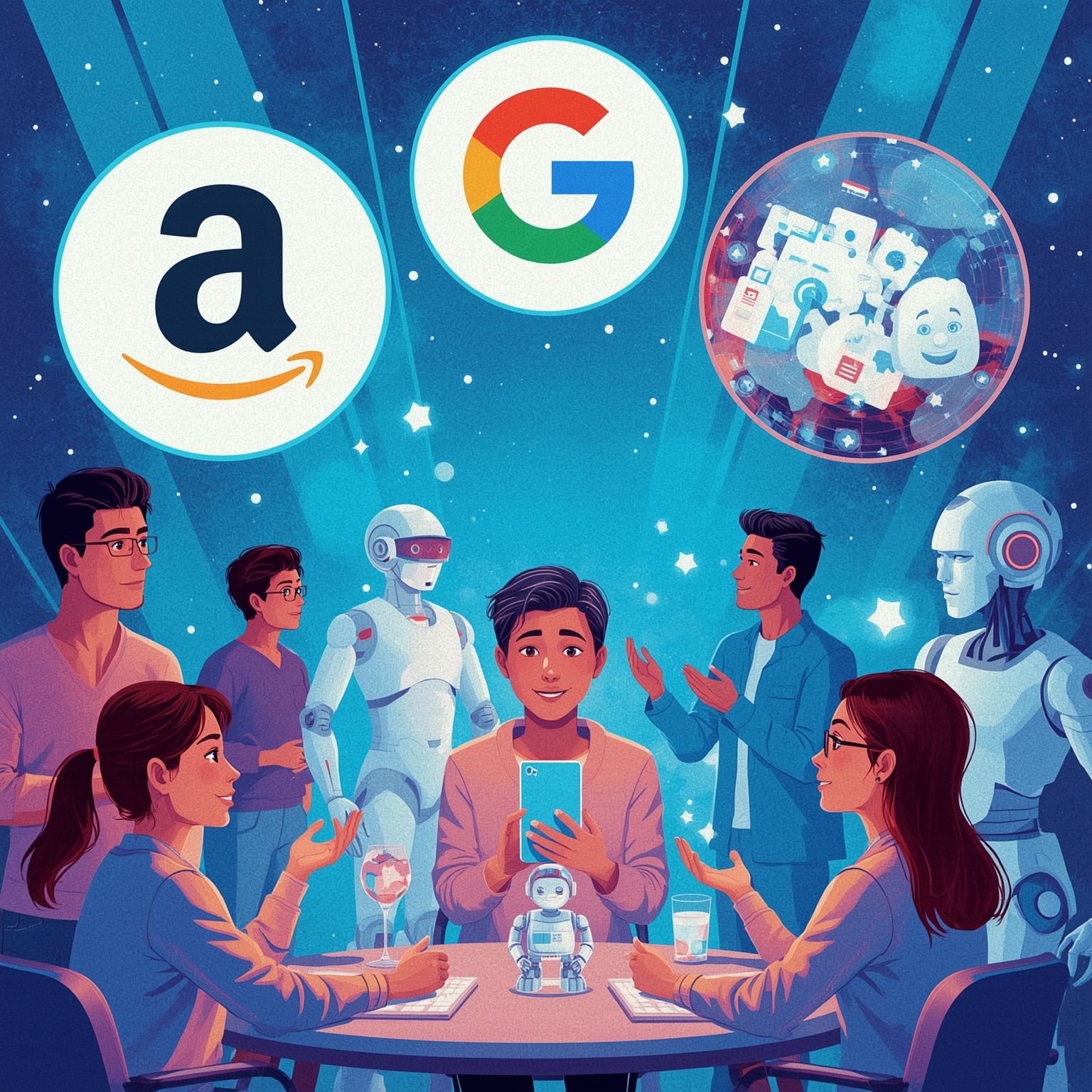At a significant White House gathering dedicated to the future of artificial intelligence education, several of the world’s most influential technology corporations—including Amazon, Google, and Microsoft—publicly reinforced their commitment to preparing American citizens for a rapidly approaching era in which AI technologies are expected to influence nearly every aspect of work and daily life. The event, held on Thursday, served not merely as a symbolic gesture but as a platform to outline tangible initiatives aimed at providing citizens with the knowledge and technical competencies necessary to remain competitive in an economy increasingly shaped by automation and digital intelligence.
The discussion was convened under the leadership of First Lady Melania Trump, who hosted a meeting of the White House’s AI education task force. During this session, chief executives from some of the most well-known technology companies elaborated on their respective commitments and highlighted strategies designed to democratize access to AI-focused learning. Later in the day, President Donald Trump was scheduled to continue this dialogue in an additional forum, hosting an assembly of prominent Silicon Valley leaders in the Rose Garden. According to reporting from *The Hill*, the roster of invitees included Mark Zuckerberg of Meta, Tim Cook of Apple, and Sam Altman of OpenAI—an impressive representation of individuals currently steering the direction of AI advancement on both a technological and societal level.
The companies unveiled detailed pledges that extended beyond mere rhetoric. Google, for instance, announced that it would direct $150 million of an earlier $1 billion promise toward expanding educational opportunities and career-focused training. More specifically, these funds are intended to take the form of grants designed to support instruction in artificial intelligence while also encouraging healthy digital practices, which together aim to prepare learners not only for technical proficiency but also for responsible engagement with rapidly evolving tools.
Microsoft, on the other hand, proposed initiatives tailored to students and educators alike. To broaden access and lower barriers to familiarization with AI-powered tools, Microsoft committed to offering students an opportunity to use Copilot with a complimentary one-year subscription to Microsoft 365 Personal, contingent on verification with a valid school account. Additionally, the company emphasized professional development for teachers and older learners by pledging free access to LinkedIn Learning courses centered on AI, thereby enhancing digital fluency not only for the next generation of workers but also for the educators guiding them.
Amazon’s approach leaned heavily into scale. The company outlined an ambitious objective to provide AI-oriented training for as many as four million individuals within the United States. Beyond directly enhancing workforce capabilities, Amazon also pledged to bolster educators by introducing AI curricula for approximately 10,000 teachers nationwide by the year 2028. Recognizing the critical role of institutions and nonprofit organizations in broadening the reach of technological education, Amazon further committed $30 million in AWS credits for organizations engaged in integrating cloud infrastructure and AI-driven innovations into their educational frameworks.
Together, these multi-faceted promises underscore the recognition by major technology stakeholders that artificial intelligence will redefine the foundations of work, productivity, and civic life in the years ahead. Their collective engagement—fueled by financial resources, advanced platforms, and long-term visions—highlights a growing understanding that national competitiveness and the empowerment of individuals depend on preparing all Americans, from students to professionals, to thrive in an AI-dominated reality.
Sourse: https://www.theverge.com/policy/772084/amazon-google-microsoft-white-house-ai-education



